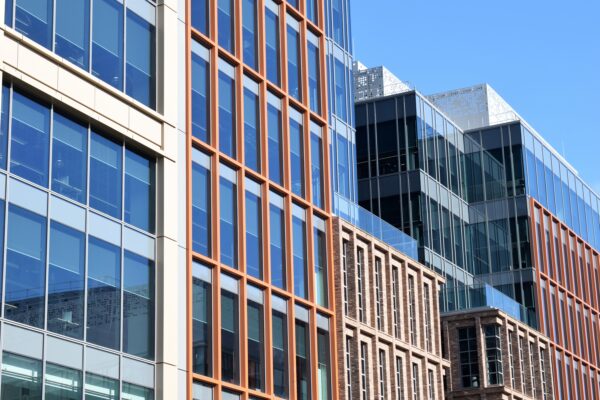We are delighted to announce that we have been shortlisted for 3
Sam Madge-Wyld has recently appeared in an interesting case concerning a landlord’s right to develop the roof space above a block of flats into further flats

Sam Madge-Wyld has recently appeared in an interesting case (Vectis Property Company Ltd v Cambrai Court Management Company Ltd [2022] UKUT 42 (LC) concerning a landlord’s right to develop the roof space above a block of flats into further flats.
Vectis wanted to sell a block of flats to a developer. The developer had already obtained planning permission to build two flats on the roof of the block and offered to pay £200,000 for the block. The tenants were offered the right purchase it for that price under the Landlord and Tenant Act 1987. Instead, the tenants chose to claim the right to collectively enfranchise the block under Leasehold Reform Housing and Urban Development Act 1993. They claimed that it was not possible to develop the roof space and the premium payable to the landlord was therefore only circa £25,000.
The Upper Tribunal decided that the tri-partite flat leases did not prevent the development. The roof and airspace were not demised and therefore the landlord was free to develop it. The fact it had not reserved itself the right to do so was irrelevant. Likewise, the existence of a letting scheme established in the 1960s did not preclude the landlord from granting leases of new flats. Although there was not an express obligation on the management company to join in the grant of the new leases, it was clearly intended by the landlord, management company and lessees that it would do so and therefore a term was implied into the flat leases to that effect. In any event, the management company would be obliged to comply with the positive and negative covenants in respect of any new leases by reason of the letting scheme. Nor would the development interfere with the management company’s repairing obligations over the roof. Its obligations were to keep in repair whatever building existed from time to time; not the building originally constructed.






